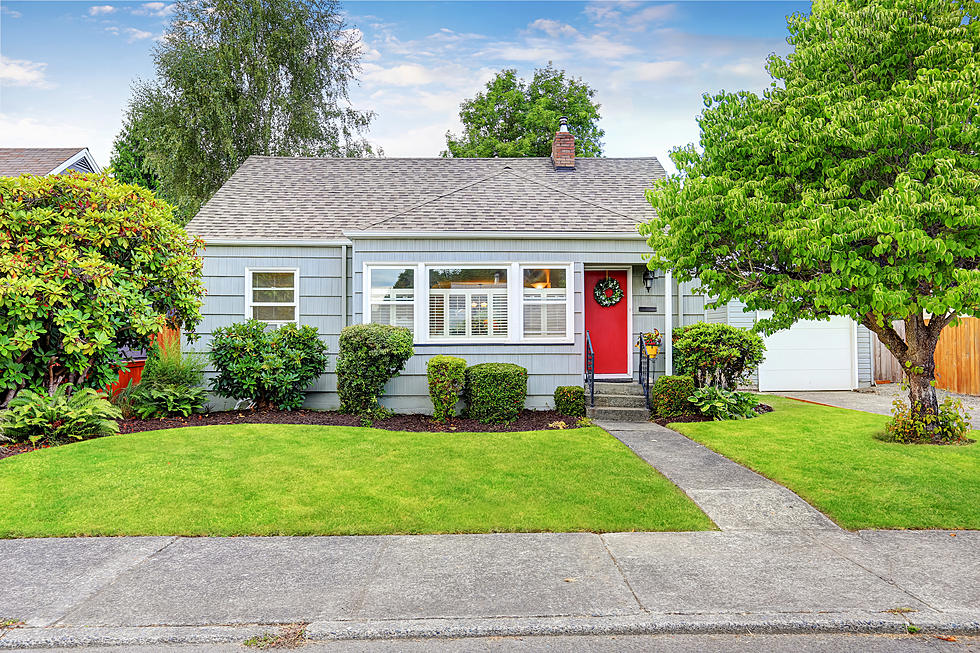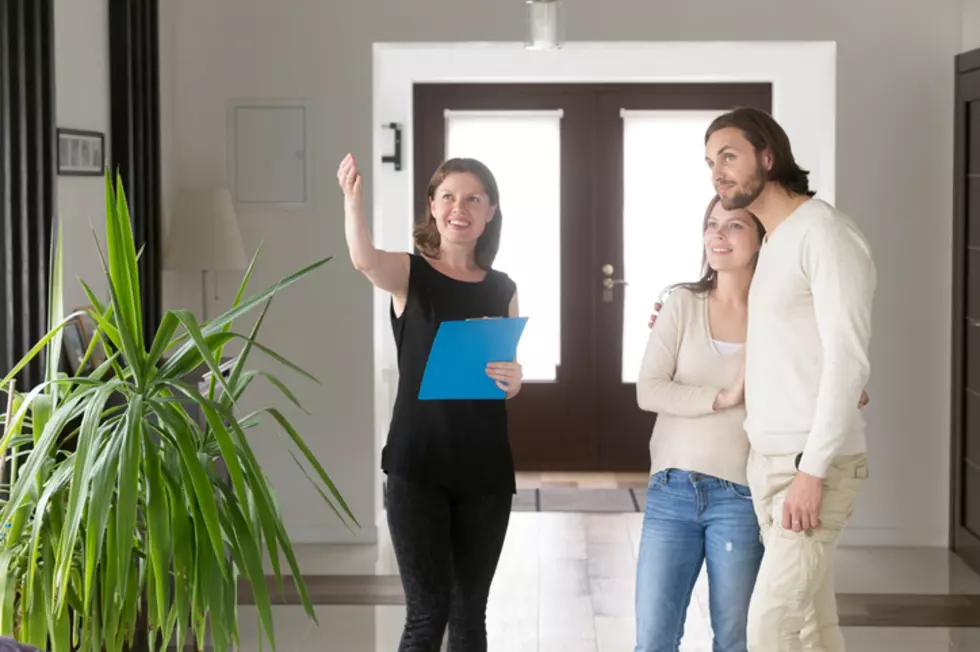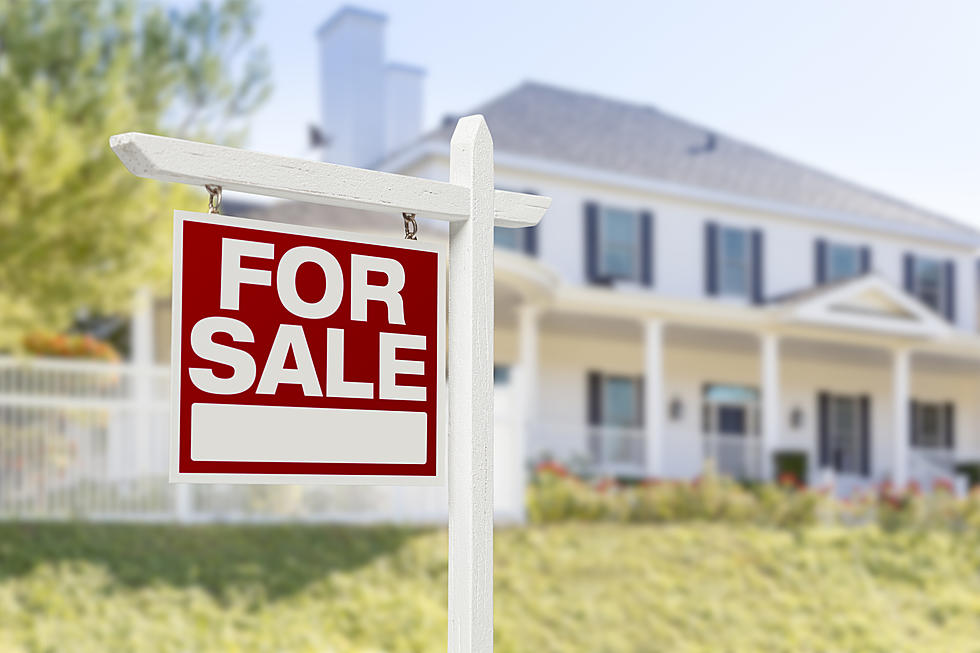
‘Great bones': NJ’s older homes are part of active housing market
As New Jerseyans emerge from the COVID-19 pandemic with desires to change their lifestyle and location, they are trying to take advantage of still-low mortgage rates by snatching up homes even with scant inventory available.
That's according to Robert White, president-elect of New Jersey Realtors, who said that even though a trip to Home Depot right now might indicate lumber prices are starting to come down, the cost of new home construction could be prohibitive for some.
And it might be possible, White said, that a house built a half-century ago or more could prove to be better built than something newer, and prospective buyers should not shy away from these old homes with "great bones."
While the definition of an "older home" is hard to pin down, White said that in general, a home built before 1978 will have lead paint, and heating and cooling systems that may be in need of upgrades.

Luckily, many homebuyers are willing to put down money right now not only for their house, but then for making improvements and renovations to it, either by hiring contractors or DIY.
First-time homeowners are skewing older and older these days, but mathematically, if a home built in 1978 was bought by someone around age 22, that person is 65 now. Their kids are out of the house and they're getting ready to retire and downsize.
Those might be some of the best hidden gems on the market, according to White, because the seller would have a unique sense of pride in the property.
"If you're fortunate enough to buy a home that has only ever had one owner-occupant, you kind of get a great history of the property as well," White said. "There's still many of them that have never been rehabbed, and yet they're coming on the market and they're being sold the next day."
In communities like Ocean Grove, White said, many of the homes are even over 100 years old, and yet they are still selling.
And it's happening all over New Jersey.
"Most of the towns that my agents work in, you have neighborhoods that have (homes built in the 19)20s to '30s, and then you have other neighborhoods that are '50s," White said.
As is often the case with age, everything is relative. White said a buyer might not consider a 1970s home "old" because of its style, while a '60s home might qualify as dated.
But they're all part of the unprecedented homebuying binge in the Garden State and across the country.
"There's a buyer out there for every single property we list, and different markets would indicate that sometimes you might be looking for a needle in the haystack," White said.
Trending News Now
More From 94.3 The Point









